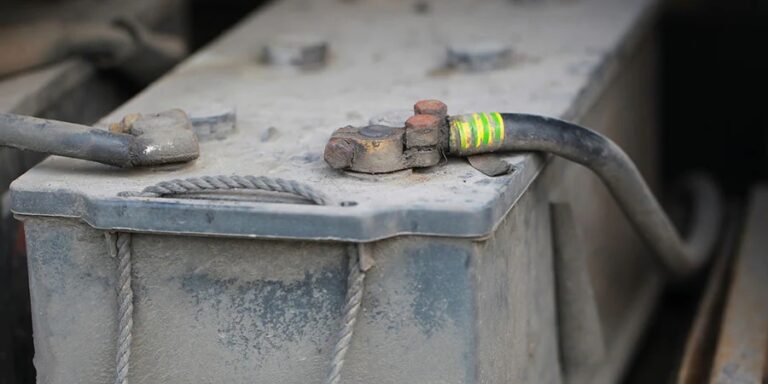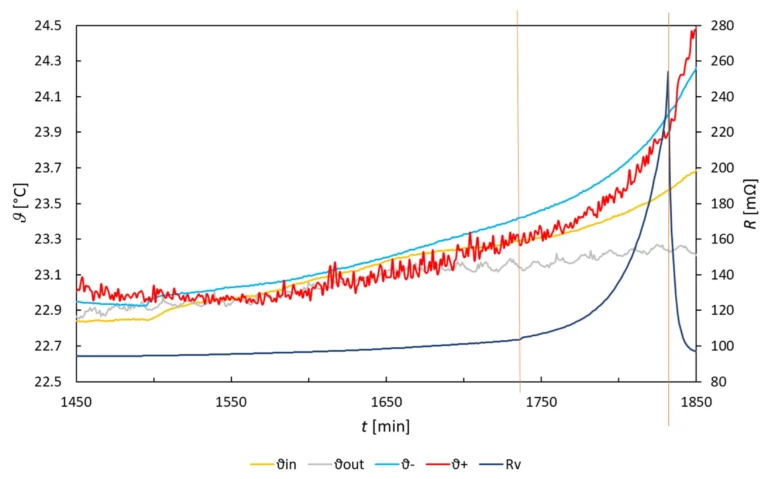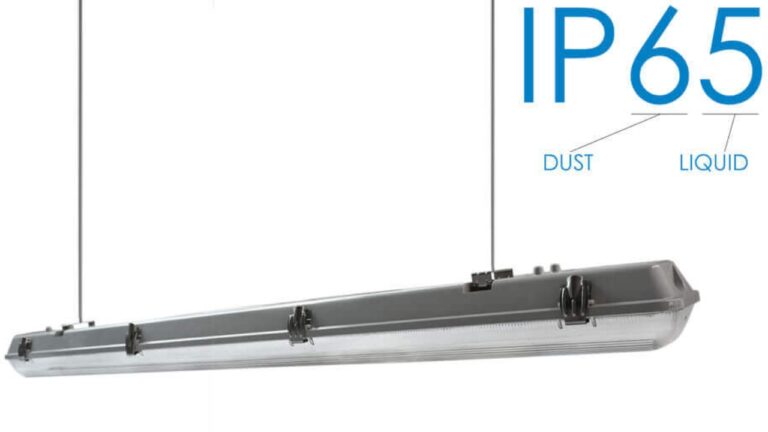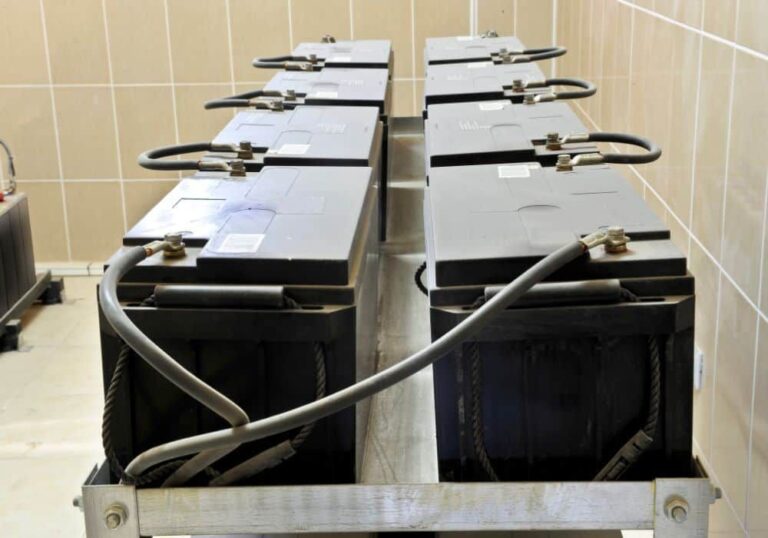
Best Practices for Designing Waterproof Enclosures for Lead-Acid Energy Storage Batteries
Keywords: waterproof battery box, IP65 battery cabinet, battery enclosure design, energy storage enclosure, outdoor battery

Keywords: waterproof battery box, IP65 battery cabinet, battery enclosure design, energy storage enclosure, outdoor battery

Keywords: solar battery IP rating, telecom battery enclosure, outdoor energy storage, lead-acid battery system Lead-acid

Keywords: IP rating, battery heat dissipation, lead-acid battery lifespan, sealed enclosure, energy storage system, thermal

Keywords: IP54, IP65, IP67, lead-acid battery enclosure, waterproof battery, outdoor energy storage Understanding the difference

Keywords: IP rating, lead-acid battery, energy storage battery, waterproof battery, outdoor battery system, solar battery

Keywords: lead-acid battery system matching, home energy storage system design, inverter compatibility, solar battery system

Keywords: lead-acid battery maintenance, battery charging rules, solar charge controller settings Introduction While lead-acid batteries

Keywords: lead-acid battery series parallel connection, battery bank design, home energy storage wiring Introduction Incorrect

Keywords: lead-acid battery installation, home energy storage safety, battery ventilation requirements, solar battery room design

Keywords: lead-acid battery capacity calculation, home solar battery sizing, battery Ah calculation, energy storage system